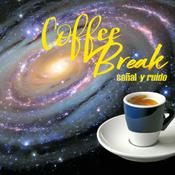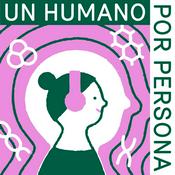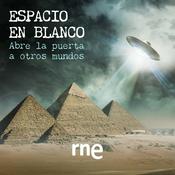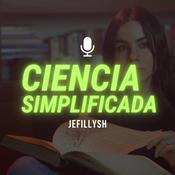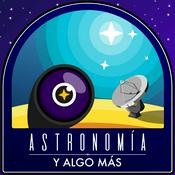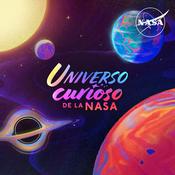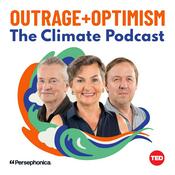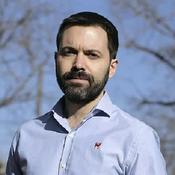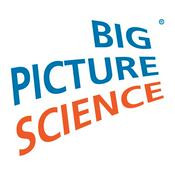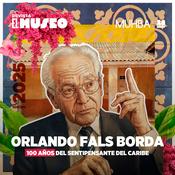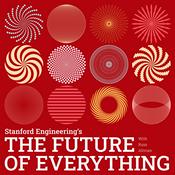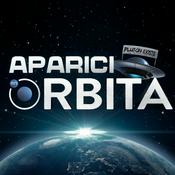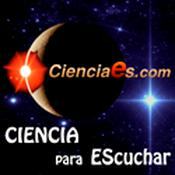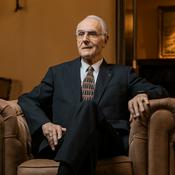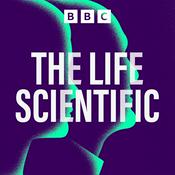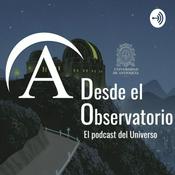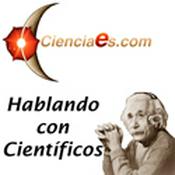Episodios disponibles
5 de 71
- Update: Where we've been and where we're goingWe’re dropping into your feed to share the news that our founding host, Laur Hesse Fisher, is departing MIT and TILclimate. In this episode, Laur sits down with new host Madison Goldberg to talk about the philosophies that have shaped TILclimate over seven seasons and take listeners behind the scenes of the show. They also discuss what’s in store for season eight—because TILclimate isn’t going anywhere.Check out an extended video version of this conversation: https://www.youtube.com/watch?v=kB544MVZ9bgFor a deeper dive and additional resources related to this episode, visit: https://climate.mit.edu/podcasts/update-where-weve-been-and-where-were-goingFor more episodes of TILclimate by the MIT Climate Project, visit tilclimate.mit.edu. CreditsLaur Hesse Fisher, Founding Host and Senior EditorMadison Goldberg, Incoming Host and Associate ProducerAaron Krol, Writer and Executive ProducerDavid Lishansky, Editor and ProducerDanielle Simpson, EditorMusic by Blue Dot SessionsArtwork by Aaron KrolSpecial thanks to Brett Paci of MIT OpenCourseWare and to the folks at Giro Studio for their help producing this episode.--------15:17
- Transmission: Power to the peoplePower lines may not look as high-tech and inspiring as a wind turbine or a solar field. But as MIT’s Joshua Hodge explains, these lines—and the rest of the sprawling “machine” that is the transmission system—are critical for harnessing clean, cheap, reliable power. In this episode of TILclimate, we explore what we stand to gain from a bigger, better transmission system, and how we might make it happen.For a deeper dive and additional resources related to this episode, visit: https://climate.mit.edu/podcasts/e8-transmission-power-people.For more episodes of TILclimate by the MIT Climate Project, visit tilclimate.mit.edu. CreditsLaur Hesse Fisher, Host and Senior EditorAaron Krol, Writer and Executive ProducerDavid Lishansky, Editor and ProducerMadison Goldberg, Associate ProducerGrace Sawin, Student Production AssistantMichelle Harris, Fact CheckerMusic by Blue Dot SessionsArtwork by Aaron Krol--------14:35
- Cleaner airHere at TILclimate, we’re often asked about the health and environmental effects of materials in solar panels and batteries. But what if the greatest costs are the ones we’re already bearing—from the fossil fuels those technologies would replace? In this episode, pulmonologist Dr. Mary Rice explains how air pollution from coal, oil, and gas can make us sick, and why a cleaner energy system benefits both the climate and our health.For a deeper dive and additional resources related to this episode, visit: https://climate.mit.edu/podcasts/e7-cleaner-air.For more episodes of TILclimate by the MIT Climate Project, visit tilclimate.mit.edu. CreditsLaur Hesse Fisher, Host and Senior EditorAaron Krol, Writer and Executive ProducerDavid Lishansky, Editor and ProducerMadison Goldberg, Associate ProducerGrace Sawin, Student Production AssistantMichelle Harris, Fact CheckerMusic by Blue Dot SessionsArtwork by Aaron Krol--------14:28
- Dealing with dead batteriesThe world’s demand for batteries to power electric vehicles is growing at incredible speed. What will we do with all these batteries when they die? Dr. Linda Gaines of Argonne National Laboratory joins TILclimate to explain what batteries are made of, how we obtain those materials, and how we can get them back when the batteries reach the end of their lives—along with other options to make this industry less wasteful and more productive.For a deeper dive and additional resources related to this episode, visit: https://climate.mit.edu/podcasts/e6-dealing-dead-batteriesFor more episodes of TILclimate by the MIT Climate Project, visit tilclimate.mit.edu. CreditsLaur Hesse Fisher, Host and Senior EditorAaron Krol, Writer and Executive ProducerDavid Lishansky, Editor and ProducerMadison Goldberg, Associate ProducerGrace Sawin, Student Production AssistantMichelle Harris, Fact CheckerMusic by Blue Dot SessionsArtwork by Aaron Krol--------15:03
- Geothermal: Earth’s infinite clean powerDeep beneath the Earth’s surface, a molten stew of metals radiates vast amounts of energy. Prof. Roland Horne, Director of the Stanford Geothermal Program, joins TILclimate to talk about the “geothermal energy” technologies that tap this underground resource for electricity, manufacturing, and home heating and cooling. He also shares the recent breakthroughs that have begun bringing this always-on, clean, renewable source of energy to new places and applications.For a deeper dive and additional resources related to this episode, visit: https://climate.mit.edu/podcasts/e5-geothermal-earths-infinite-clean-powerFor more episodes of TILclimate by the MIT Climate Project, visit tilclimate.mit.edu. CreditsLaur Hesse Fisher, Host and Senior EditorAaron Krol, Writer and Executive ProducerDavid Lishansky, Editor and ProducerGrace Sawin, Student Production AssistantMichelle Harris, Fact CheckerMusic by Blue Dot SessionsArtwork by Aaron Krol--------15:01
Más podcasts de Ciencias
Podcasts a la moda de Ciencias
Acerca de TILclimate
Get smart quickly on climate change. This award-winning MIT podcast, Today I Learned: Climate, breaks down the science, technologies, and policies behind climate change, how it’s impacting us, and what our society can do about it. Each quick episode gives you the what, why, and how on climate change — from real scientists — to help us all make informed decisions for our future.
Sitio web del podcastEscucha TILclimate, Coffee Break: Señal y Ruido y muchos más podcasts de todo el mundo con la aplicación de radio.net
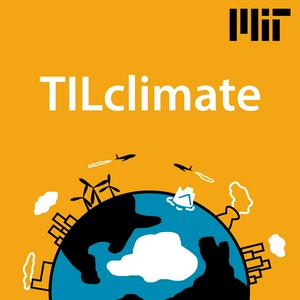
Descarga la app gratuita: radio.net
- Añadir radios y podcasts a favoritos
- Transmisión por Wi-Fi y Bluetooth
- Carplay & Android Auto compatible
- Muchas otras funciones de la app
Descarga la app gratuita: radio.net
- Añadir radios y podcasts a favoritos
- Transmisión por Wi-Fi y Bluetooth
- Carplay & Android Auto compatible
- Muchas otras funciones de la app


TILclimate
Escanea el código,
Descarga la app,
Escucha.
Descarga la app,
Escucha.
